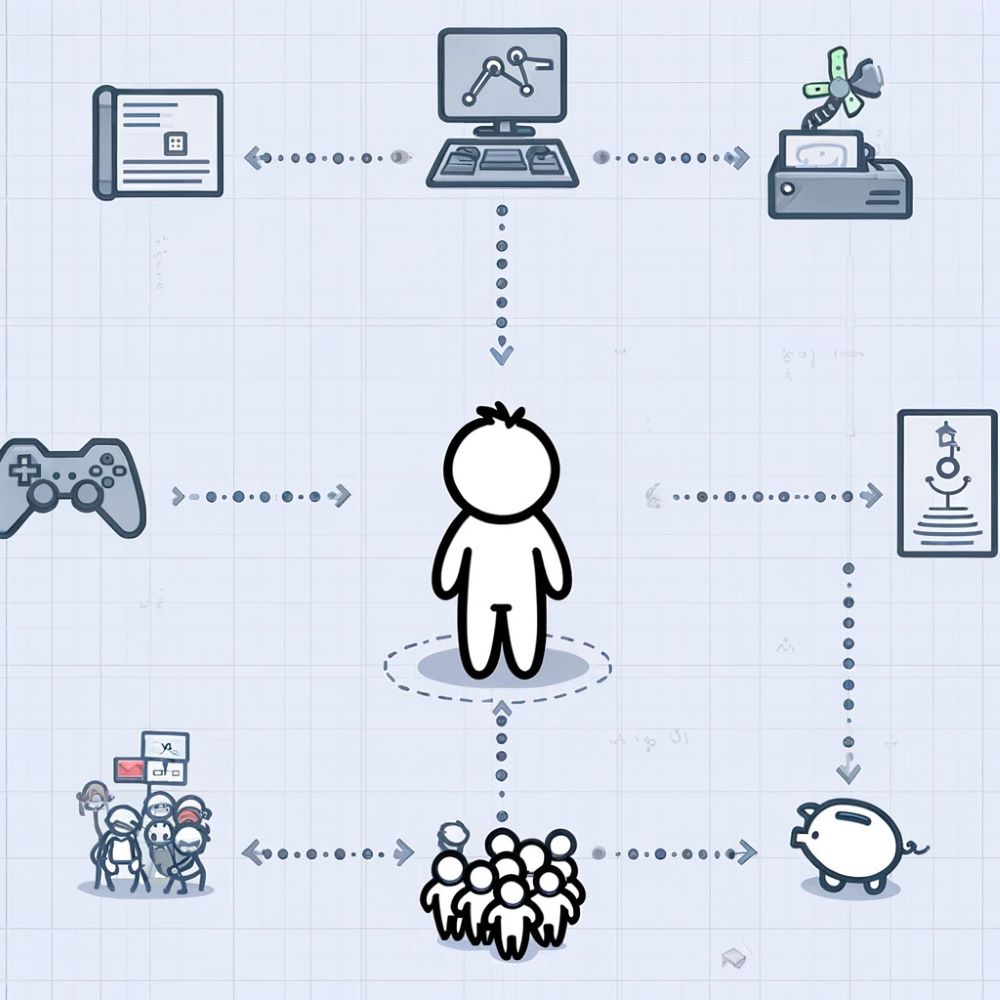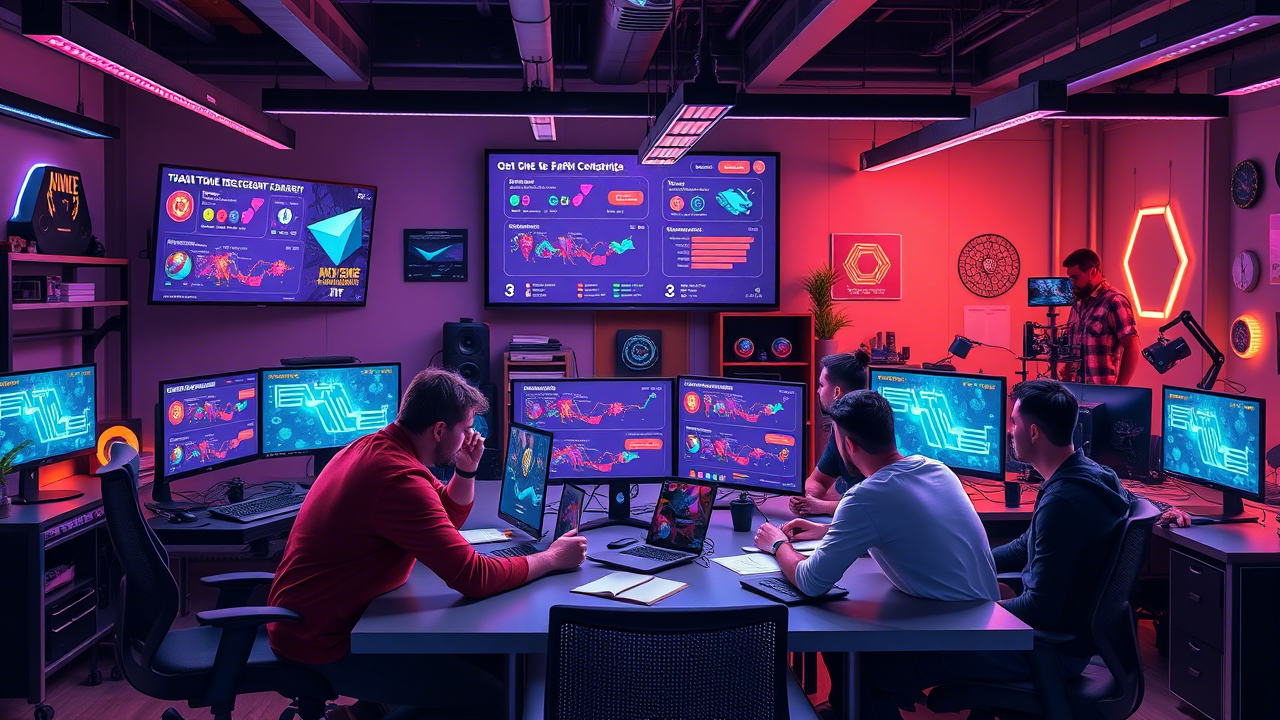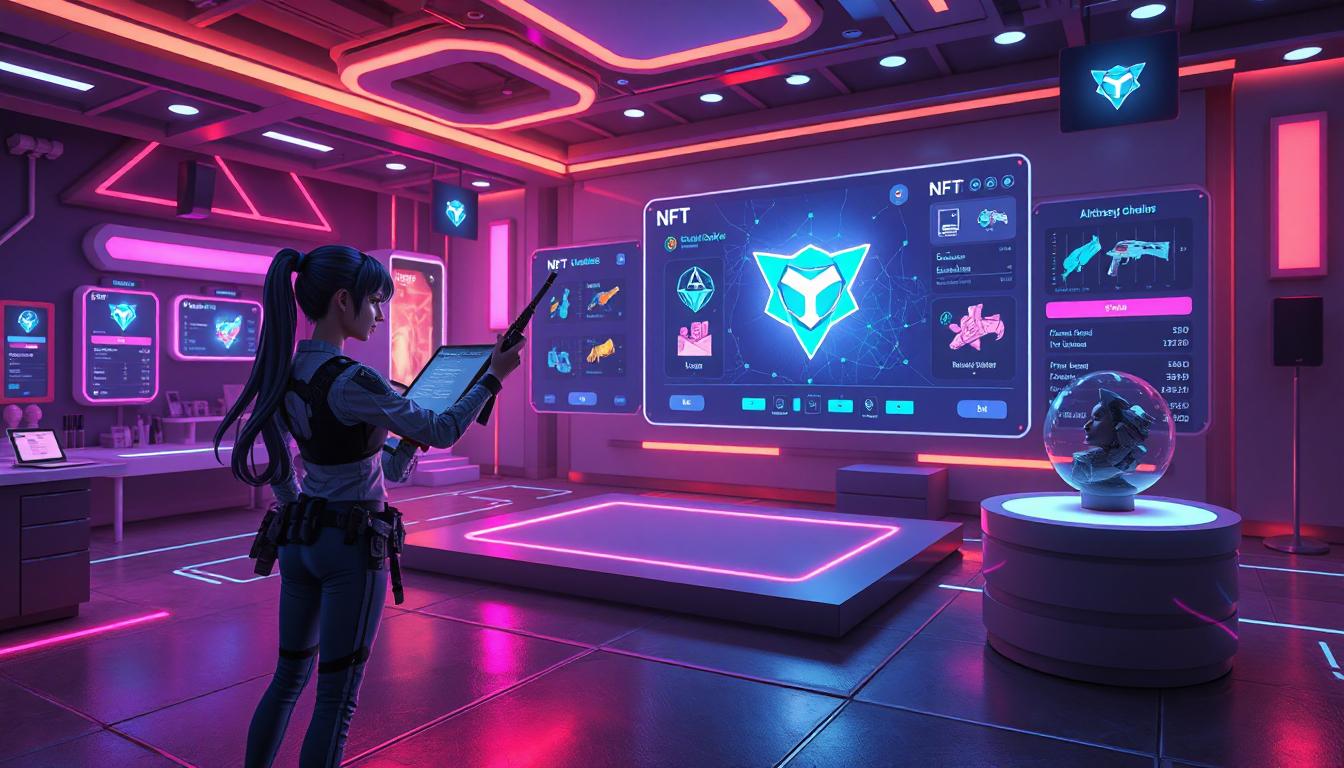The realm of game development is abundant with imaginative ideas and inventive principles, however, it might also pose as a daunting task for novice developers who may inadvertently encounter some common pitfalls. To lend you a helping hand in traversing this path smoothly, we’ve compiled a list of five errors that you should remain mindful of, along with some effective strategies to avert them.
1. Biting Off More Than You Can Chew:
Starting with an overly ambitious project packed with complex features and mechanics can quickly lead to burnout and project abandonment. Aim for a smaller, more manageable scope in your first project. Focus on creating a fun and engaging core gameplay loop, then expand upon it incrementally in future iterations.
2. Ignoring Playtesting:
Your creation might seem perfect in your head, but playtesting with diverse audiences will reveal its true strengths and weaknesses. Gather feedback early and often, listen objectively, and iterate based on what players experience. Remember, playtesting is not about validation; it’s about improvement.
3. Neglecting Marketing and Community Building:
Great games don’t sell themselves. Start building anticipation early through social media channels, engaging with potential players, and showcasing your progress via targeted content. Participate in relevant online communities, attend game jams, and actively seek feedback before and after launch.
4. Underestimating the Importance of Technical Knowledge:
Even if you’re not a programming wiz, having a fundamental understanding of game development tools and engines is crucial. Familiarize yourself with scripting, level design, and asset management basics. Many online resources and tutorials can help you build this foundational knowledge.
Read more:
Revolutionizing Gaming: How Rebellis and Uncogames are Blending Text and Motion
Unveiling Diversity in Gaming: A Close Look at NegativeFive’s Varied Portfolio
5. Ignoring the Business Side of Things:
Game development isn’t just about passion; it’s also about running a sustainable business. Understand the financial realities of development, distribution, and marketing. To support your work, consider exploring monetization models like subscriptions, in-app purchases, or crowdfunding.
Bonus Tip:
Embrace the learning process! Game development is a continuous journey of learning and experimentation. Feel free to make mistakes. Analyze them as stepping stones to improve your skills and future projects.
By avoiding these common pitfalls and actively seeking knowledge and feedback, you can increase your chances of success as a first-time game developer. Remember, passion, perseverance, and a willingness to learn are vital ingredients in forging your path in the exciting world of game creation!




